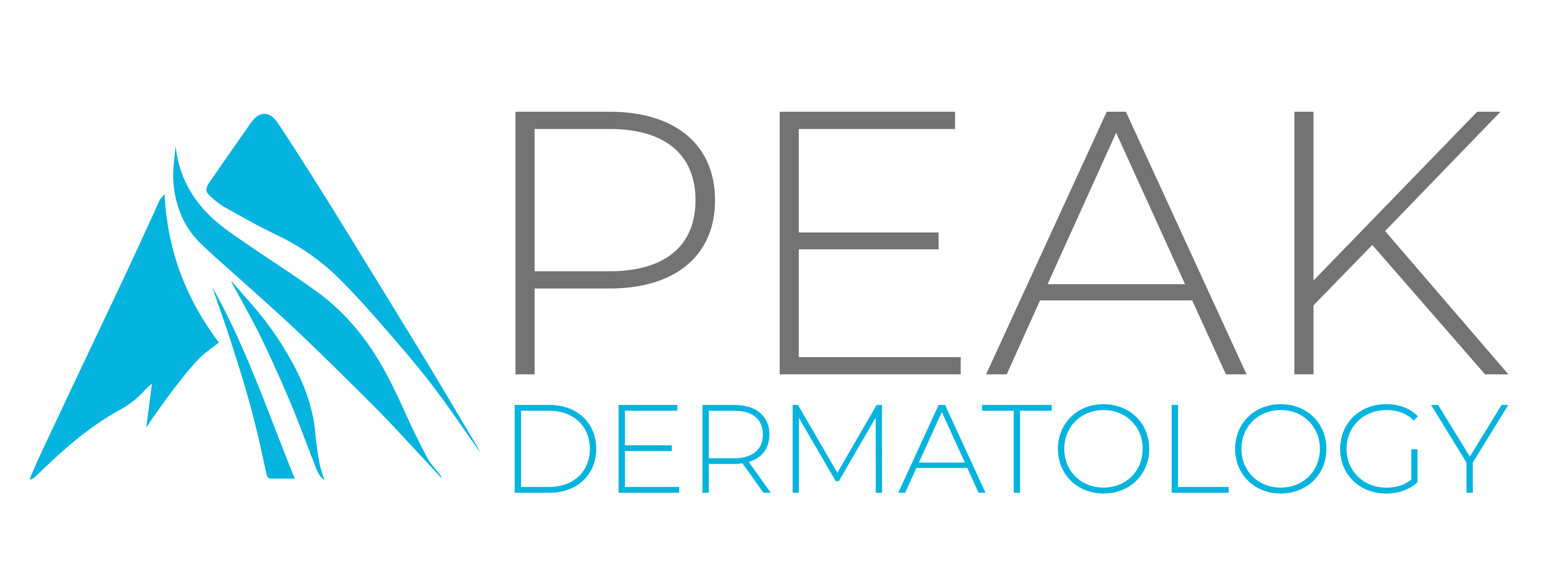PSORIASIS
Home > Psoriasis
Other Services
About Psoriasis
Our providers at Peak Dermatology assist adults, teens, and children with the treatment and ongoing control of psoriasis. This is a persistent skin condition that occurs when skin cells grow too rapidly. Psoriasis causes flaky, red, silvery patches of skin that can become inflamed, itchy, scaly, and can crust. Normal skin cells turn over and flake off about once a month or every four weeks. Those suffering from psoriasis have skin cells that build up quickly and form what are called plaques. They can range in size and location on the body, forming on the elbows, hands, knees, scalp, and lower back.
There are numerous different forms of psoriasis. One kind, called plaque psoriasis, is the most commonly experienced. Although most cases of psoriasis are deemed mild, many are difficult to cure and can require a number of treatments throughout a patient’s life. It is also important to note that psoriasis isn’t contagious and can’t be spread from person to person. Once it is diagnosed, it is a matter of managing the symptoms so that flare-ups can be minimized.

Treatment Options
Though there is no cure for psoriasis, there are a variety of treatments available to improve the condition, depending on the severity and type of psoriasis that you have. Mild cases can be treated with prescription creams, ointments, and lotions. When your scalp is affected, shampoos, sprays, and oils can be used. Systemic medications are prescription drugs that are taken orally or by injection and work throughout the body. They are normally used on patients with moderate to severe psoriasis and psoriatic arthritis. In addition, advancements in laser therapy have provided huge improvements for many psoriasis cases. Employing phototherapy to expose a patient’s skin to a special ultraviolet light helps reduce symptoms.
Frequently Asked Psoriasis Questions
Psoriasis
A specific cause of psoriasis hasn’t been discovered by doctors. The basic idea is the immune system overreacts, which causes inflammation, as well as flaking of the skin. Additionally, it is believed that psoriasis can be inherited. Approximately 1/3 of people who have psoriasis have one or more family members with the condition. Scientists feel that certain genes interact with each other, which leads to psoriasis. However, you must inherit the ideal blend of genes and then get exposed to a trigger. Symptoms can appear after triggers, such as a stressful event, taking certain drugs, dry weather, or a bad sunburn.
Typical symptoms associated with psoriasis include raised, bright, red patches of skin that are covered with loose and silvery scales. Plaques can also arise in precisely the same place on either side of your body, such as on both knees and/or both elbows. Your scalp can experience anything from mild scaling to areas of thick, crusted plaques. Itching is common before flare-ups, especially when psoriatic patches arise in body folds under the buttocks or breasts. Tiny areas of skin bleeding can occur when scales are picked or scraped off. This is known as Auspitz’s sign.
Though there is no cure for psoriasis, there are a variety of treatments available to improve the condition, depending on the severity and type of psoriasis that you have. Mild cases can be treated with prescription creams, ointments, and lotions. When your scalp is affected, shampoos, sprays, and oils can be used. Systemic medications are prescription drugs that are taken orally or by injection and work throughout the body. They are normally used on patients with moderate to severe psoriasis and psoriatic arthritis. In addition, advancements in laser therapy have provided huge improvements for many psoriasis cases. Employing phototherapy to expose a patient’s skin to a special ultraviolet light helps reduce symptoms.
Psoriasis can be painful and embarrassing, making it difficult for you to carry out simple tasks in your everyday life. If this is the case in your situation, we encourage you to contact Peak Dermatology at your earliest convenience.

